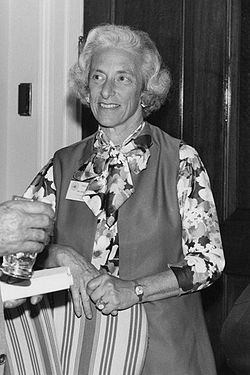Barbara W. Tuchman Quote
If it was not intended as a veto, then it must have been intended for commanders to interpret as they saw fit, which brings the matter to that melting point of warfare—the temperament of the individual commander.When the moment of live ammunition approaches, the moment to which all his professional training has been directed, when the lives of men under him, the issue of the combat, even the fate of a campaign may depend upon his decision at a given moment, what happens inside the heart and vitals of a commander? Some are made bold by the moment, some irresolute, some carefully judicious, some paralyzed and powerless to act.
Barbara W. Tuchman
If it was not intended as a veto, then it must have been intended for commanders to interpret as they saw fit, which brings the matter to that melting point of warfare—the temperament of the individual commander.When the moment of live ammunition approaches, the moment to which all his professional training has been directed, when the lives of men under him, the issue of the combat, even the fate of a campaign may depend upon his decision at a given moment, what happens inside the heart and vitals of a commander? Some are made bold by the moment, some irresolute, some carefully judicious, some paralyzed and powerless to act.
Related Quotes
About Barbara W. Tuchman
Barbara Wertheim Tuchman (; January 30, 1912 – February 6, 1989) was an American historian, journalist and author. She won the Pulitzer Prize twice, for The Guns of August (1962), a best-selling history of the prelude to and the first month of World War I, and Stilwell and the American Experience in China (1971), a biography of General Joseph Stilwell.
Tuchman focused on writing popular history.
Tuchman was a member of the Writers and Artists for Peace in the Middle East, a pro-Israel group. In 1984, she signed a letter protesting German arms sales to Saudi Arabia.
Tuchman focused on writing popular history.
Tuchman was a member of the Writers and Artists for Peace in the Middle East, a pro-Israel group. In 1984, she signed a letter protesting German arms sales to Saudi Arabia.
